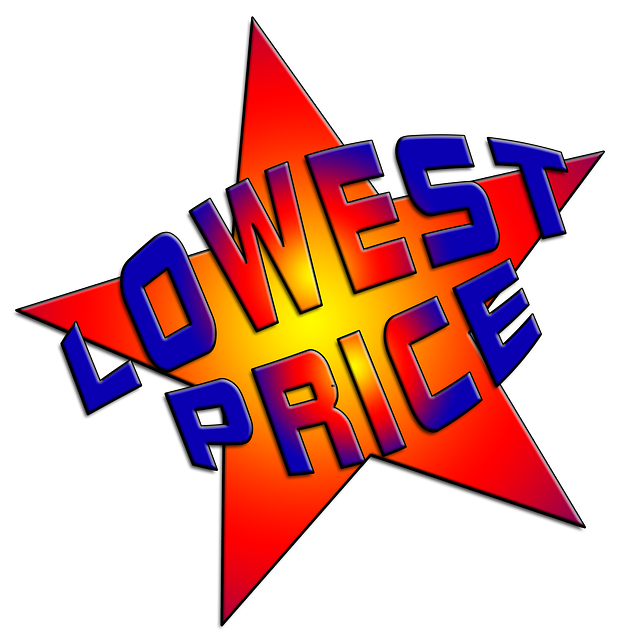
Use Your Offer to Promote Your Business Purpose
Your business purpose is primarily your vision for the changes your business makes to your clients and their wider community. The next step is to ask: what is your offer and is it aligned with your vision?
Hourly Rates or Packages?
Many coaches make the mistake of offering an hourly rate to clients. There are at least two issues you need to consider.
- An hourly rate encourages the view your work is entirely face-to-face with your client. In fact you put in many hours of work not visible to the client; both direct work on preparation and follow-up and indirect work, including marketing. A package charges for the benefit to the client. The client does not see your hours and is not encouraged to convert your charges into an hourly rate. After all they are hiring you for your expertise and you need to be rewarded for the hours you have put in over years to get there!
- Whatever the change you promise, it is unlikely you will make any significant difference in a single session. To offer a package, says it takes this long to get the result you’re after.
How to Align Your Packages with Your Vision
Your packages flow from your vision. The way you name and present them shows the expected outputs and outcomes. You are asking the client to work with you to achieve your vision.
The client may agree with you, work needs to be done to improve the quality of management in their industry. They work with you and so you both work for change with that goal. The customer wants to see benefits to their specific problem but also their wider context.
Website Design as an Example
Let’s say you are coaching someone in website design. They expect to be better website designers as a result of working with you but they also need to consider the wider context in which they work. What changes must take place in their business or industry, to accept the approach to online marketing your client learns?
Website design has never been solely a technical skill. In the past the technicalities were difficult to master. Now it is easier and the focus has moved towards organisational issues. If the website changes, how will the organisation rise to the challenge? What you don’t want is a website that works and is never used by its owners because it is not understood.
Whatever your packages do, these days they need to be interdisciplinary, offering a systemic approach because if they don’t they won’t work for the client or anyone else.
This may be a daunting task. “I’m a website designer, I don’t know anything about organisations!” But your client may know something about organisations. This is the value of working together, to solve problems. You get the credit even if the client solves the problem! Chances are they would not have understood the issue without you.
Your package should give you both permission to work on the implications of what you are doing, not solely on acquiring technical skills.
And then, of course, you need to market your package and that is another things altogether.
Visit my new website, Market Together to sign up to my list so that you don’t miss any posts and hear about the exciting plans I’m working on to promote an alternative approach to marketing.
Please comment and let me know what you like about this post. What would you like me to write about further?






